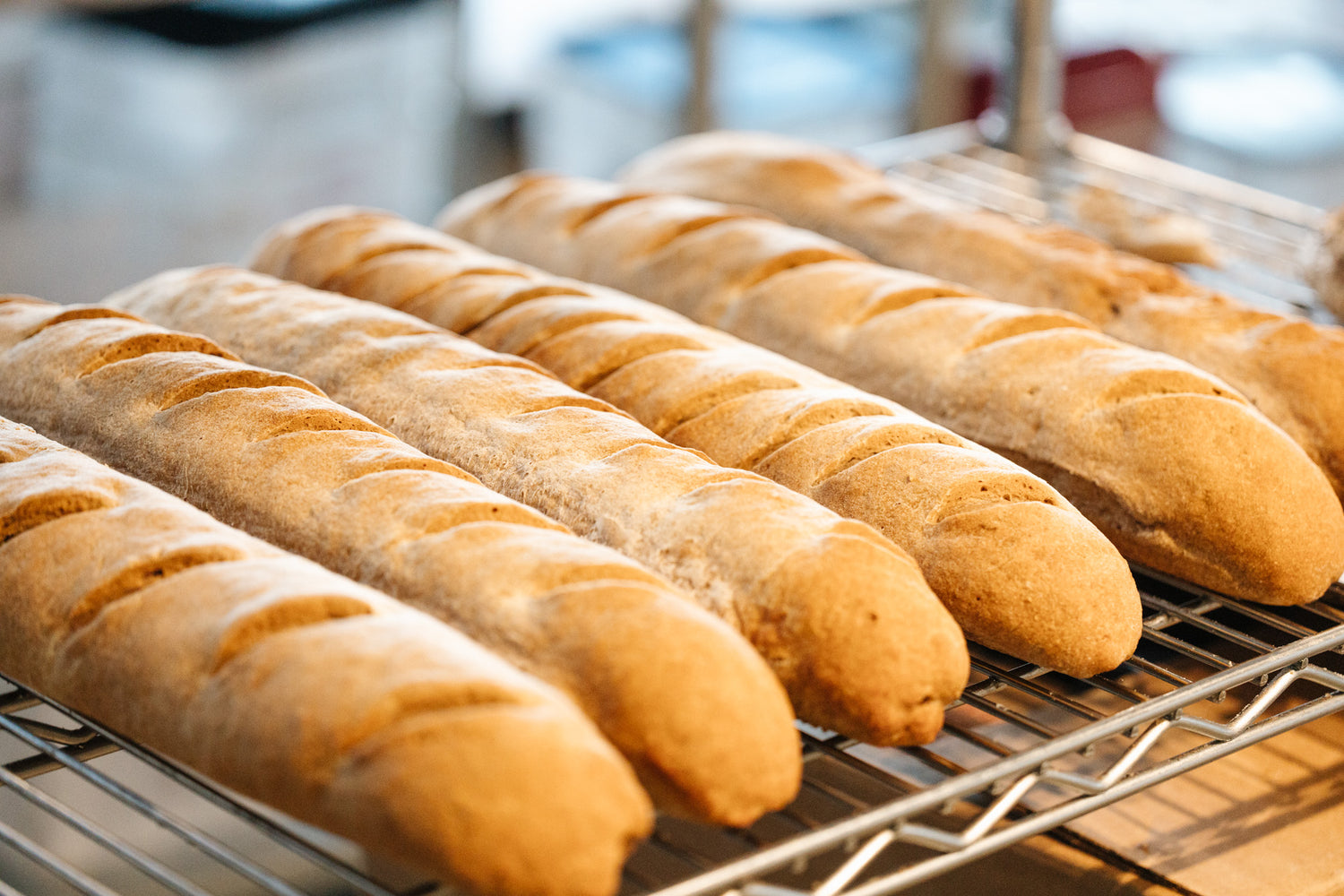Hosting a gathering or event can be a joyous occasion, bringing friends and family together to share good food and great company. However, when dietary restrictions are present among guests, it can add an extra layer of complexity to the planning process. As more people adopt vegan and gluten-free lifestyles, it's essential for hosts to be prepared to accommodate these special dietary needs. Whether you're planning a dinner party, potluck, or holiday celebration, here are some tips for hosting a vegan and gluten-free gathering with ease and inclusivity.
1. Communication is Key: When sending out invitations, be sure to ask guests about any dietary restrictions or preferences they may have. This will allow you to plan your menu accordingly and ensure that everyone feels welcome and included.
2. Plan a Diverse Menu: Instead of focusing solely on vegan and gluten-free alternatives to traditional dishes, embrace the opportunity to explore new flavors and ingredients. Get creative with plant-based proteins, grains, and vegetables to create a menu that is delicious and satisfying for all guests.
3. Offer a Variety of Options: When planning your menu, aim to include a diverse selection of dishes that cater to different dietary needs and preferences. This could include salads, soups, mains, and desserts that are both vegan and gluten-free, as well as dishes that are easily customizable to accommodate individual tastes.
4. Label All Food Clearly: To avoid any confusion or misunderstandings, be sure to label all dishes clearly, indicating whether they are vegan, gluten-free, or contain common allergens such as nuts or soy. This will help guests make informed choices about what they can safely eat.
5. Be Mindful of Cross-Contamination: If you're preparing food in a kitchen where gluten-containing or non-vegan ingredients are present, take extra precautions to prevent cross-contamination. Use separate utensils, cutting boards, and cooking surfaces, and designate specific areas for preparing vegan and gluten-free dishes.
6. Provide Allergy-Friendly Snacks: In addition to your main menu, offer a selection of allergy-friendly snacks and appetizers that guests can enjoy while mingling. This could include fresh fruit, vegetable crudites with hummus, gluten-free crackers with vegan cheese, and nuts or trail mix.
7. Communicate with Your Guests: Don't be afraid to reach out to guests individually to discuss their dietary needs and preferences in more detail. This will not only help you plan your menu more effectively but also show your guests that you care about their well-being and want to ensure they have a positive dining experience.
8. Be Flexible and Accommodating: Despite your best efforts, there may still be occasions where you're unable to fully accommodate all of your guests' dietary restrictions. In these situations, be upfront and honest with your guests, and offer alternative options or suggestions for them to consider.
9. Focus on Enjoying Each Other's Company: At the end of the day, the most important thing is to focus on enjoying the company of your guests and celebrating the occasion together. By being mindful of their dietary needs and making an effort to accommodate them, you'll create a welcoming and inclusive atmosphere where everyone can feel valued and appreciated.
In conclusion, hosting a vegan and gluten-free gathering doesn't have to be daunting or stressful. With careful planning, clear communication, and a little creativity, you can create a memorable dining experience that delights all of your guests, regardless of their dietary restrictions. So gather your loved ones, prepare a delicious spread of food, and enjoy the festivities knowing that everyone is well taken care of.
Navigating Special Dietary Needs: Tips for Hosting a Vegan and Gluten-Free Gathering
